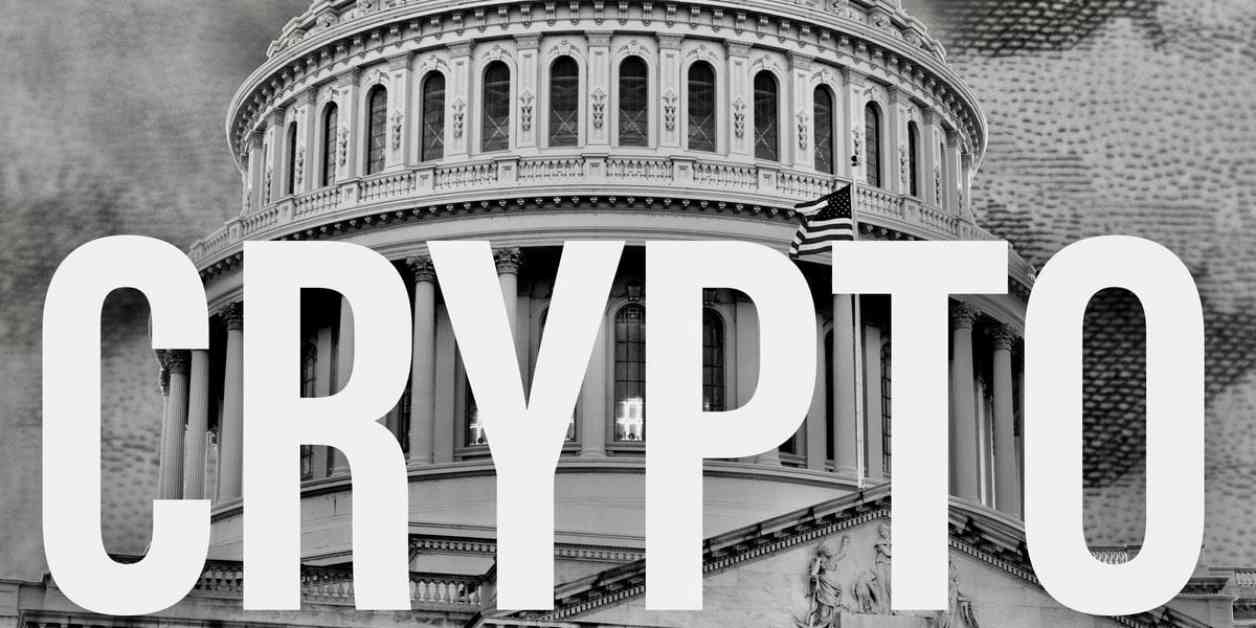Global markets are on edge as traders keep a close eye on the U.S. election. One major question for the crypto industry is whether the results will influence traditional finance giants to either scale back or ramp up their involvement in the sector. Experts that CoinDesk spoke with seem to agree that regardless of the election outcome, traditional finance is not likely to shy away from crypto.
Crypto traders are speculating that a second term win for Donald Trump would have a positive short-term impact on digital asset prices, while a victory for Vice President Kamala Harris would have a negative effect. However, large financial institutions are seemingly looking beyond the election as just a temporary catalyst that won’t hinder the adoption of crypto and blockchain technology in the long run.
While the focus has been on the election, there have been several positive developments in the crypto space this week. Swift, a traditional finance interbank messaging system, joined forces with UBS and Chainlink to test digital asset transactions settled with fiat payment systems across thousands of financial institutions worldwide. Additionally, Citigroup and Fidelity International collaborated on a proof-of-concept for an on-chain money-market fund including a digital foreign exchange swap.
Despite the uncertainty surrounding the election, the question remains about how the results will impact the pace of adoption in the crypto industry. A win for Trump could lead to an increase in ETFs for a wider range of digital assets in the U.S. and more corporations incorporating digital assets into their strategies. Conversely, a win for Harris might slow down adoption due to a more restrictive regulatory environment.
It is important to note that institutional adoption of crypto is expected to continue regardless of the election outcome. However, the timing and pace of adoption could be influenced by the election results. A Harris win may lead to a more gradual adoption process, while a Trump win could accelerate adoption, particularly in the U.S. and on the international stage.
Regulatory clarity is crucial for institutional investors, and a Harris administration would need to provide predictability to attract these investors. If Harris wins, there may be uncertainty around how she views crypto, which could make institutions cautious about their involvement in the industry.
In conclusion, while the focus is on the short-term impact of the election on the crypto market, it is essential to consider the long-term growth and development of the industry. The adoption of blockchain technology continues to advance, attracting not only more supporters but also the attention of traditional financial institutions. The goal of using crypto to provide better financial services to the underbanked remains a driving force behind innovation in the industry.

















